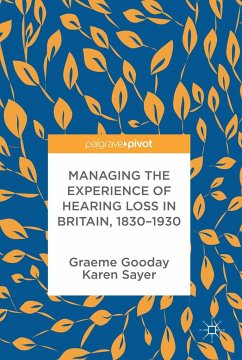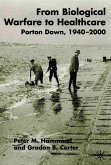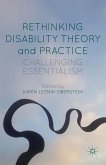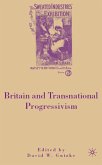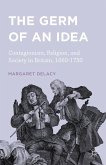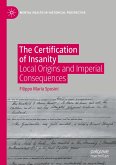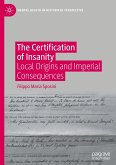This book looks at how hearing loss among adults was experienced, viewed and treated in Britain before the National Health Service. We explore the changing status of 'hard of hearing' people during the nineteenth century as categorized among diverse and changing categories of 'deafness'. Then we explore the advisory literature for managing hearing loss, and techniques for communicating with hearing aids, lip-reading and correspondence networks. From surveying the commercial selling and daily use of hearing aids, we see how adverse developments in eugenics prompted otologists to focus primarily on the prevention of deafness. The final chapter shows how hearing loss among First World War combatants prompted hearing specialists to take a more supportive approach, while it fell to the National Institute for the Deaf, formed in 1924, to defend hard of hearing people against unscrupulous hearing aid vendors. This book is suitable for both academic audiences and the general reading public. All royalties from sale of this book will be given to Action on Hearing Loss and the National Deaf Children's Society.
Hinweis: Dieser Artikel kann nur an eine deutsche Lieferadresse ausgeliefert werden.
Hinweis: Dieser Artikel kann nur an eine deutsche Lieferadresse ausgeliefert werden.
"Categorizing and investigating the experiences of a group defined through individual members' emotional experience of hearing loss as a loss is a simple yet innovative approach, making this book valuable to the burgeoning field of the history of emotions." (Coreen McGuire, Technology and Culture, Vol. 61 (4), October, 2020)
"Managing the Experience of Hearing Loss in Britain, 1830-1930 offers a concise overview of a neglected dimension of the history of disability. ... it highlights an inherently intriguing topic and provides a welcome impetus for further exploration of the experiences of the hard of hearing." (Ben Ford, H-Disability, July, 2019)
"The book is readable, engaging, highly informative, and a very valuable first step in bridging a significant gap in our knowledge, which deserves both further research and a wider audience." (Mike Goldsmith, Isis, Vol. 110 (2), June, 2019)
"Managing the Experience of Hearing Loss in Britain, 1830-1930 offers a concise overview of a neglected dimension of the history of disability. ... it highlights an inherently intriguing topic and provides a welcome impetus for further exploration of the experiences of the hard of hearing." (Ben Ford, H-Disability, July, 2019)
"The book is readable, engaging, highly informative, and a very valuable first step in bridging a significant gap in our knowledge, which deserves both further research and a wider audience." (Mike Goldsmith, Isis, Vol. 110 (2), June, 2019)

